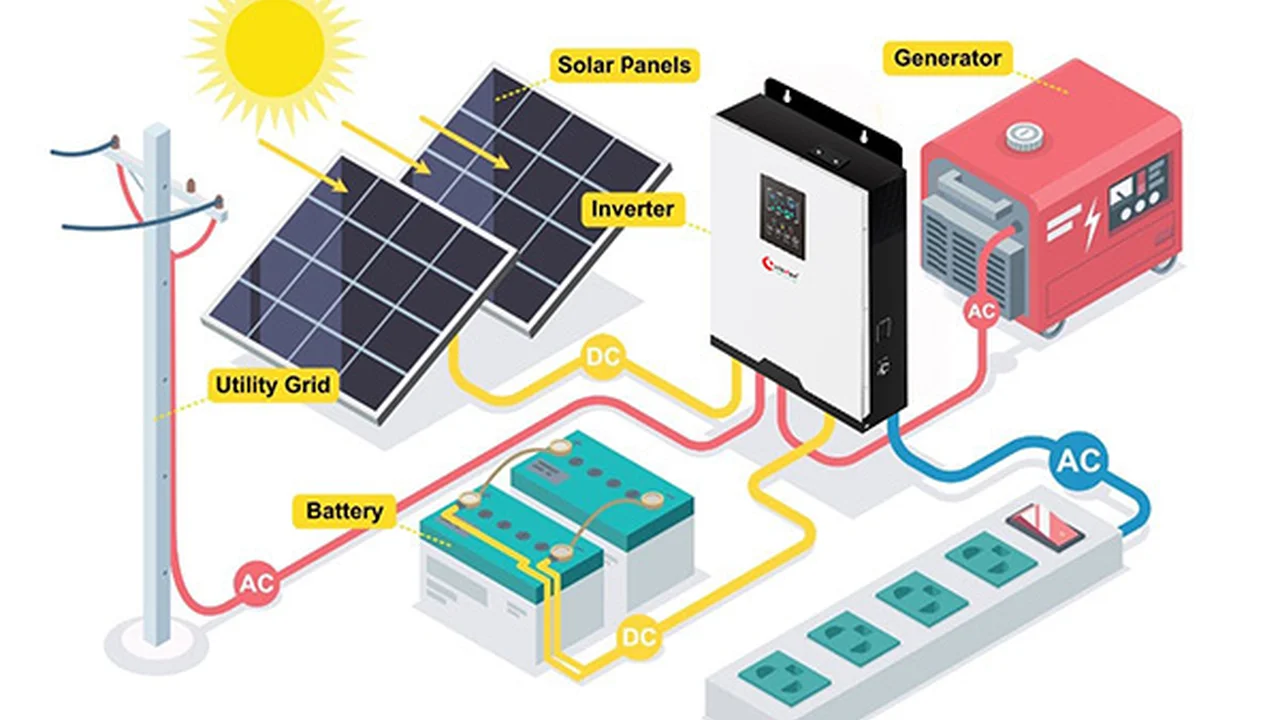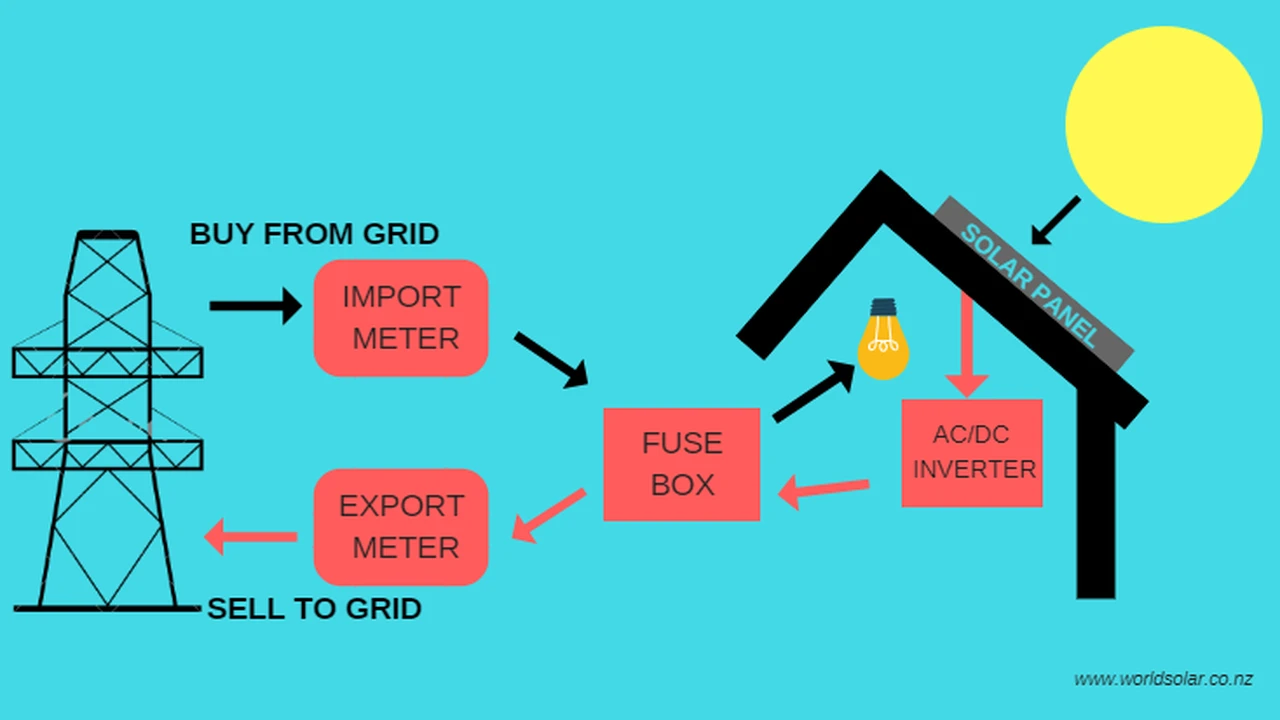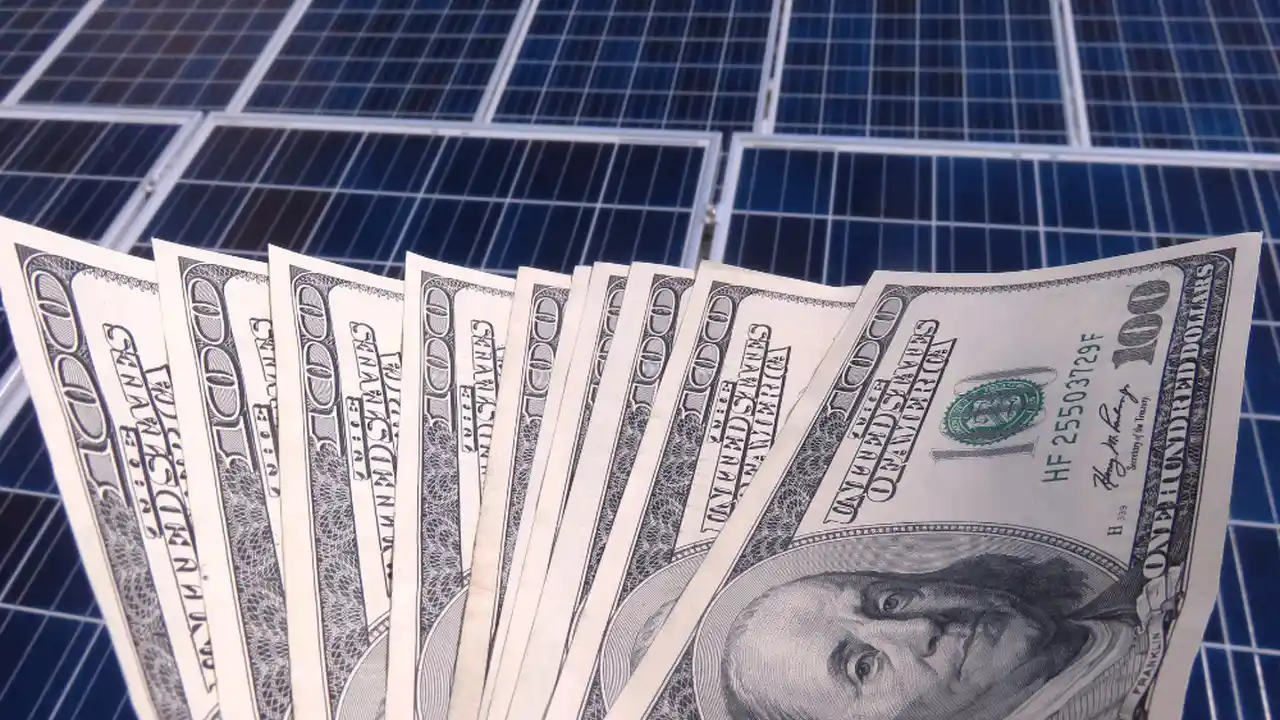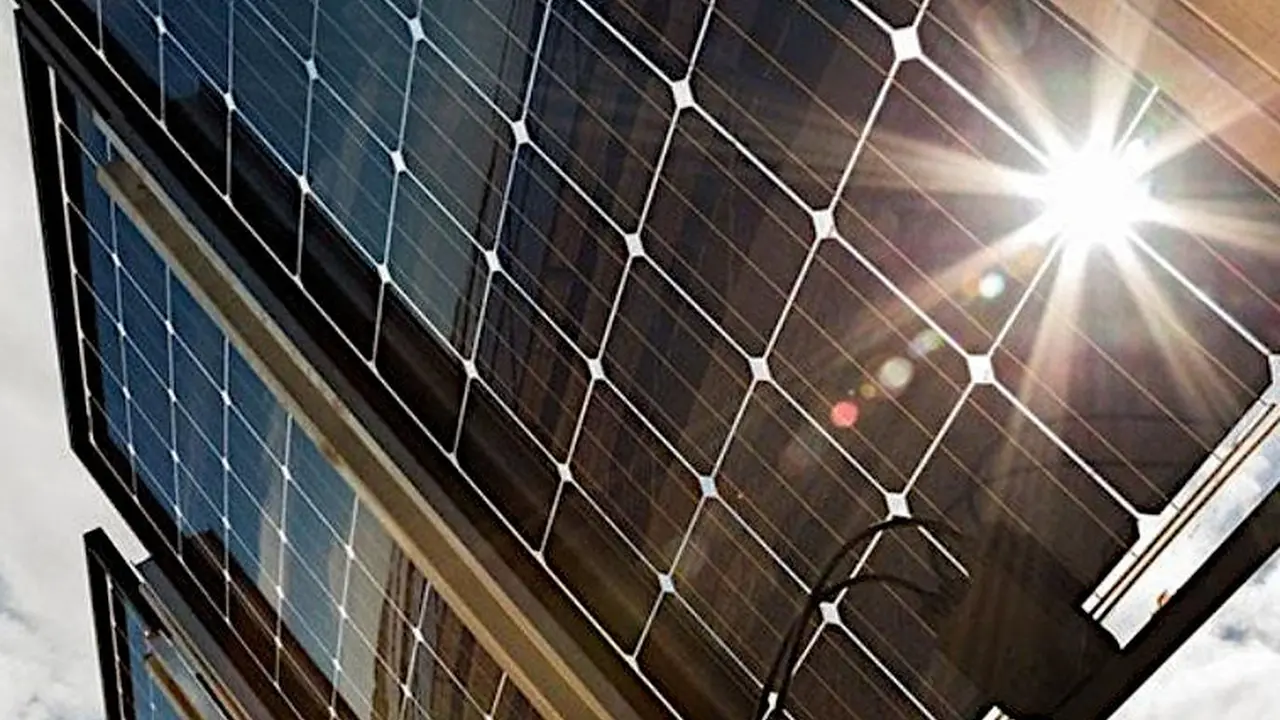Solar Panel and Energy Audits: Identifying Savings
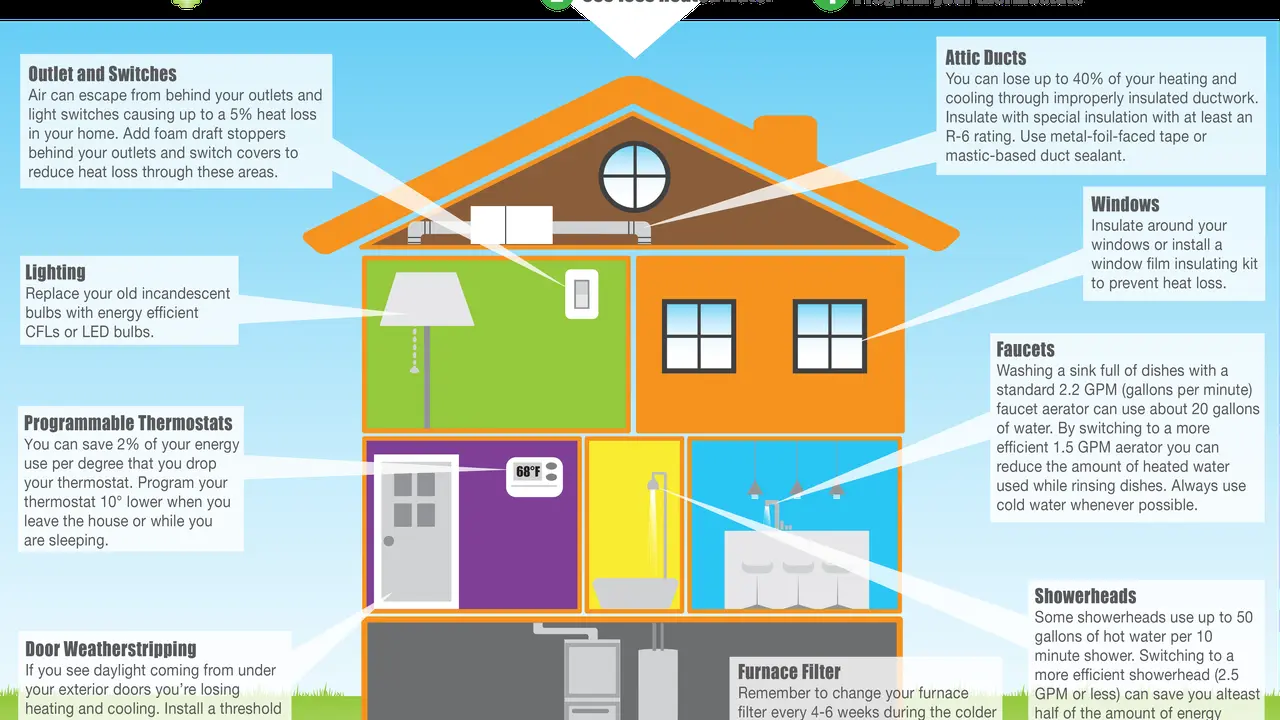
Understanding the Synergistic Power of Solar Panels and Energy Audits for Home Savings
Alright, let's dive into how solar panels and energy audits are like peanut butter and jelly – a seriously awesome combo when it comes to slashing your energy bills and making your home more efficient. You might be thinking, "Solar panels, cool, I get that. But an energy audit? What's the deal?" Well, stick around, because we're about to break it down.
The Role of Energy Audits in Optimizing Your Solar Panel Investment
Think of an energy audit as a health checkup for your house. A qualified energy auditor will come in and thoroughly inspect your home, looking for areas where energy is being wasted. They'll check things like insulation levels, air leaks around windows and doors, the efficiency of your HVAC system, and even your appliances. The goal? To pinpoint exactly where you're losing energy and suggest ways to fix it.
Why is this important before going solar? Because fixing these energy leaks before you install solar panels means you'll need fewer panels to meet your energy needs. Imagine finding out you've been cranking up the AC all summer because your attic insulation is practically non-existent. Fixing that insulation means you'll use less energy overall, making your solar panel system more effective and potentially saving you money on the initial installation cost.
Common Energy Audit Findings and Their Impact on Solar Panel System Sizing
So, what are some of the usual suspects that energy auditors uncover? Here are a few:
* **Poor Insulation:** This is a big one. Insufficient insulation in your attic, walls, and floors lets heat escape in the winter and enter in the summer, forcing your HVAC system to work overtime. * **Air Leaks:** Cracks around windows and doors, gaps in your ductwork, and even unsealed electrical outlets can lead to significant air leaks. It's like leaving a window open all the time! * **Inefficient HVAC Systems:** An old, inefficient furnace or air conditioner can be a major energy hog. * **Outdated Appliances:** That refrigerator from the 80s might be a classic, but it's probably sucking up way more energy than a modern, Energy Star-rated model. * **Inefficient Lighting:** Switching to LED lighting is a super easy way to reduce energy consumption.Addressing these issues can dramatically reduce your energy consumption, impacting the size and cost of the solar panel system you need. A smaller system means a lower upfront investment and potentially a faster return on your investment.
Solar Panel Recommendations and Usage Scenarios for Maximizing Energy Savings
Okay, let's talk solar panels. There are tons of options out there, but here are a few recommendations based on different scenarios:
* **For Average Homeowners (Good Balance of Cost and Performance):** Consider panels from companies like **REC Group** or **Q CELLS**. They offer a good balance of efficiency, durability, and price. These panels are suitable for most residential rooftops and can handle typical weather conditions. A typical 6kW system using these panels might cost between $15,000 - $20,000 before incentives. * **For Homes with Limited Roof Space (High Efficiency):** If you have a small roof or want to maximize energy production in a limited space, look into panels from **SunPower**. They're known for their high efficiency, meaning they generate more power per square foot. However, they also come with a higher price tag. They are perfect for urban environments or homes with complex rooflines. A 5kW SunPower system could easily cost $25,000 or more before incentives. * **For Extreme Weather Conditions (Durability):** If you live in an area with harsh weather (e.g., heavy snow, strong winds), consider panels from **Panasonic**. They're built to withstand extreme conditions and often come with longer warranties. Ideal for mountainous regions or coastal areas. A 6kW Panasonic system might cost in the range of $18,000 - $23,000 before incentives.Comparing Solar Panel Products Efficiency, Price, and Warranty Considerations
Let's get down to comparing! Here's a quick rundown:
* **Efficiency:** SunPower generally leads the pack with efficiencies exceeding 22%. REC Group and Q CELLS typically fall in the 19-21% range, while Panasonic is around 20-21%. Higher efficiency means more power from each panel. * **Price:** SunPower is usually the most expensive, followed by Panasonic. REC Group and Q CELLS are generally more budget-friendly. * **Warranty:** Most solar panel manufacturers offer a 25-year performance warranty, guaranteeing a certain percentage of power output after 25 years. Some, like Panasonic, offer extended warranties on product defects. Pay close attention to the warranty terms!Remember, the best solar panel for you depends on your specific needs and budget. Don't hesitate to get quotes from multiple installers and compare the different options.
Understanding the Costs and Savings Associated with Solar Panel Installation and Energy Audits
Okay, let's talk money. Solar panel installation costs vary depending on the size of your system, the type of panels you choose, and your location. As mentioned earlier, a typical 6kW system can range from $15,000 to $25,000 before incentives. However, don't forget about the federal solar tax credit, which currently allows you to deduct 30% of the cost of your solar panel system from your federal taxes. Many states also offer additional incentives, such as rebates or tax credits.
Energy audits typically cost between $200 and $500, depending on the size of your home and the scope of the audit. While this might seem like an extra expense, the savings you'll realize from implementing the auditor's recommendations can easily outweigh the cost of the audit. Plus, some utility companies offer free or discounted energy audits.
The combination of solar panels and energy efficiency upgrades can lead to significant long-term savings. You'll reduce your reliance on the grid, lower your monthly electricity bills, and increase the value of your home. It's a win-win!
Real-World Examples of Successful Solar Panel and Energy Audit Implementations
Let's look at a couple of real-world examples:
* **The Smith Family:** The Smiths had a 20-year-old house with poor insulation and an inefficient HVAC system. They got an energy audit, which revealed significant air leaks and recommended upgrading their insulation and HVAC system. They followed the recommendations and then installed a solar panel system. Their energy bills went from $300 per month to almost zero, and they received a substantial tax credit for the solar panel installation. * **The Jones Family:** The Joneses lived in a modern, energy-efficient home but wanted to reduce their carbon footprint. They installed a solar panel system and saw a significant reduction in their electricity bills. They also monitored their energy consumption closely and made small changes, such as switching to LED lighting, to further reduce their energy usage.DIY Energy Audit Tips for Identifying Potential Home Improvements
Even if you don't want to hire a professional energy auditor, you can still conduct your own DIY energy audit. Here are a few tips:
* **Check for Air Leaks:** On a windy day, hold a lit candle or incense stick near windows, doors, and electrical outlets. If the flame flickers or the smoke moves noticeably, you have an air leak. * **Inspect Your Insulation:** Check the insulation levels in your attic and walls. If you can see the ceiling joists in your attic, you probably need more insulation. * **Examine Your HVAC System:** Make sure your HVAC system is properly maintained and that the filters are clean. * **Use an Energy Monitor:** Plug-in energy monitors can help you identify appliances that are consuming excessive energy.Even small changes can make a big difference. By identifying and addressing energy leaks, you can reduce your energy consumption and save money on your electricity bills. This will also optimize the performance of your solar panel system, ensuring that you get the most out of your investment.
Navigating Solar Panel Incentives Tax Credits and Rebates for Cost Reduction
Don't leave money on the table! Be sure to research all available solar panel incentives, tax credits, and rebates in your area. The federal solar tax credit is a big one, but many states and utility companies offer additional incentives. The DSIRE (Database of State Incentives for Renewables & Efficiency) website is a great resource for finding information on state and local incentives.
Taking advantage of these incentives can significantly reduce the overall cost of your solar panel system, making it even more affordable and accelerating your return on investment.
:max_bytes(150000):strip_icc()/277019-baked-pork-chops-with-cream-of-mushroom-soup-DDMFS-beauty-4x3-BG-7505-5762b731cf30447d9cbbbbbf387beafa.jpg)



